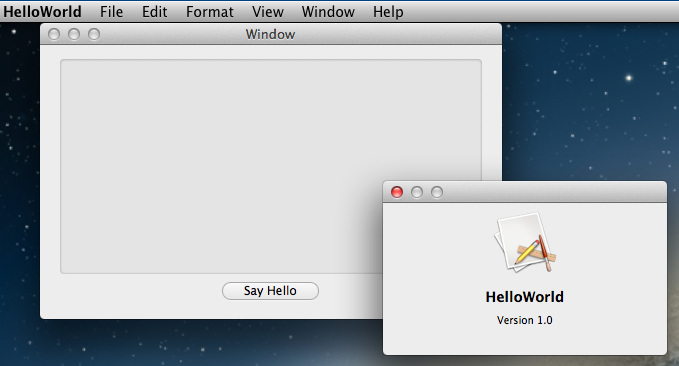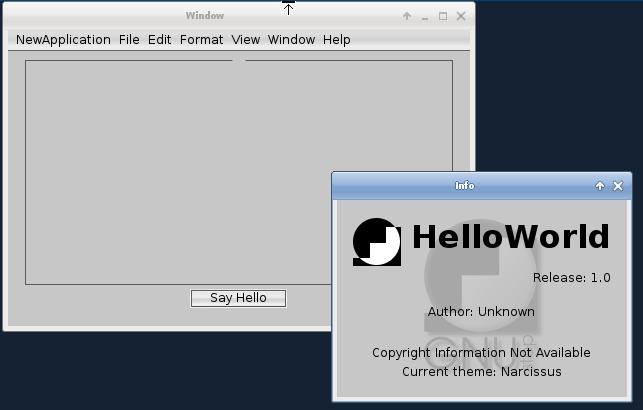I'd wager a large bet that Mac users who want to switch to Linux are a rare breed. But if you do fall in to that category, migrating to an open source operating system without giving up your favorite Apple applications might some day become possible, if the goals of a very new project called Darling are realized.

Mac-Linux
I’d wager a large bet that Mac users who want to switch to Linux are a rare breed. But if you do fall in to that category, migrating to an open source operating system without giving up your favorite Apple applications might some day become possible, if the goals of a very new project called Darling are realized. Designed to make Mac OS X software run natively on Linux, the endeavor raises some interesting points about cross-platform compatibility in the age of the cloud.The stated goal of the Darling project, which is led by Luboš Doležel, a Linux developer based in the Czech Republic, is to “to achieve binary compatible support for Darwin / OS X applications on Linux, plus provide useful tools that will aid especially in application installation.” In non-programmer terms, that simply means that the project seeks to make software for Mac computers run seamlessly on Linux, in much the same way the long-established Wine compatibility layer does for Windows applications.
As of now, Darling remains in a very early stage of development. But Doležel offered proof that it can work on the Ubuntu Forums, where he posted screenshots of a simple “Hello World” application running on OS X and, via the Darling compatibility layer, on Linux:


Those interested in following Darling development can check out its github page.
Crossing Platforms
Given the infancy of the Darling project, and the lack of widespread demand for running Apple software on Linux, Doležel’s efforts are unlikely to generate too much excitement for many people. It’s also doubtful that the work will have any commercial impact anytime soon, if ever, since Doležel is pursuing it for a university thesis rather than profit.
Still, the takeaway message with broader relevance for the channel as a whole is that cross-platform compatibility issues remain pertinent, even beyond the Microsoft space. In the era of the cloud, we’re constantly being told that platforms are irrelevant, since everything that matters these days is supposed to be web-based or otherwise accessible from anywhere with an Internet connection.
That may be the case by and large. But as Darling shows, barriers between devices remain an issue in some communities. The cloud has yet to deliver us totally from the hassles which we might like to think have disappeared with the legacy platforms of the past.
And before writing off Darling as an obscure project that, if it succeeds, will still benefit only a segment of Linux users, who in turn represent only a small proportion of computer users as a whole, it’s also worth considering its potential for making iOS mobile apps compatible with Linux. The Darling documentation mentions the possibility of creating a compatibility layer for iOS as well as OS X, and bringing the huge selection of iOS programs to operating systems like Ubuntu could be a huge deal. Of course, if that ever happens, it will not be anytime soon.
About the Author(s)
You May Also Like


